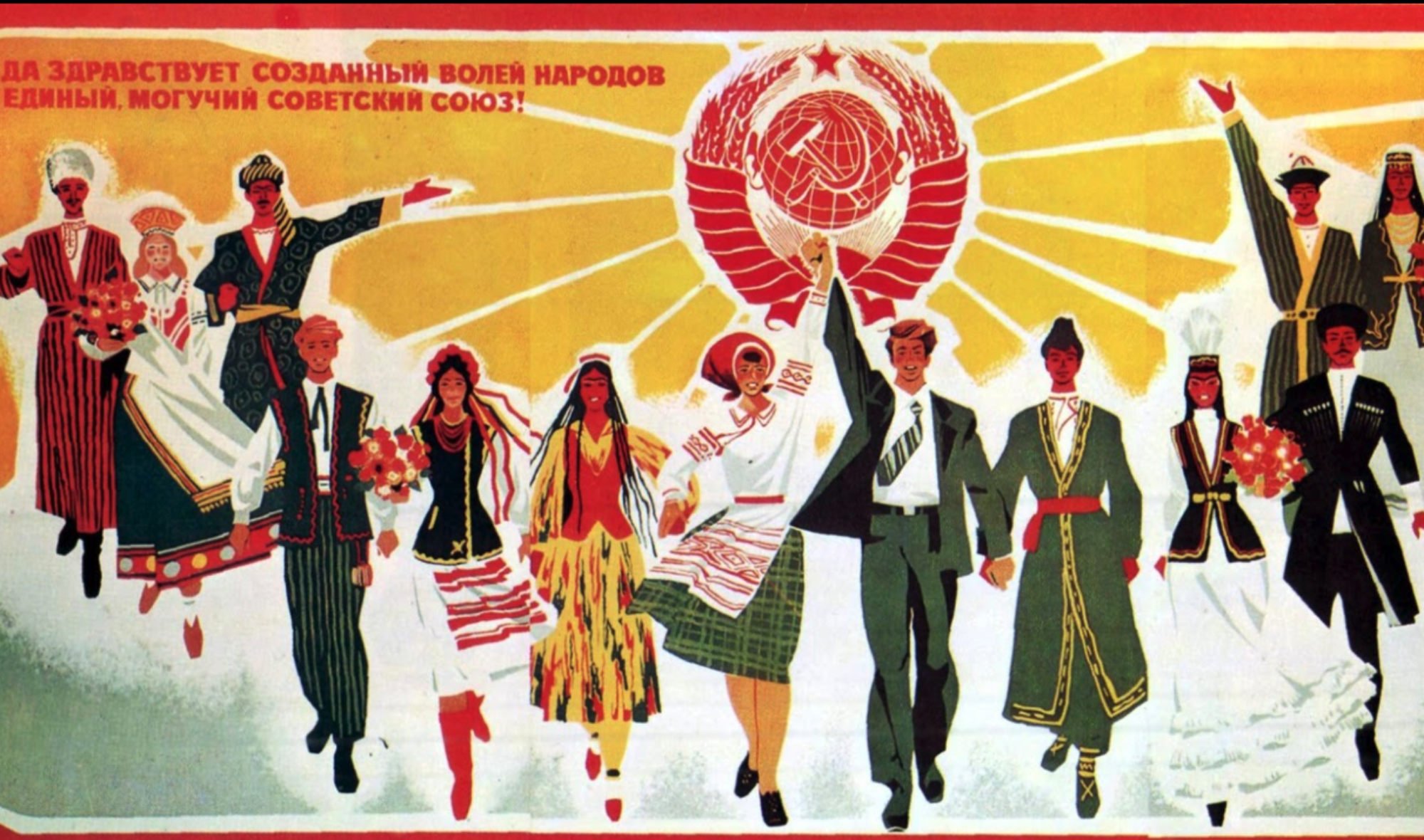In the chapter we read of A State of Nations : Empire and Nation-Making in the Age of Lenin and Stalin the author discussed the conflict between the Soviet Union and the Kazakh peoples. The forced industrialization and modernization by the Soviet Union was hard on the Kazakh people. The affirmative action program fostered discrimination. And such things like the living situation of Kazakh peoples was in most cases worse than their neighbors. “They were ordered to the back of the line, received goods after the Europeans had first choice, had to accept bread that was cut with the same knife used to cut pork fat (anathema to the Kazakhs’ religious practices), and withstood constant verbal abuse from the clerks” (Martin and Suny, 230). While we’ve seen discrimination of other nationalities within our other readings for this class, these instances seem very blatant, and almost akin to colonization. And while we all may expect this from the Soviet Union, it still seems surprising that they would put these actions in place given the nature of the birth of the Soviet Union- marginalized people standing up to “the man”. Which leads me to wonder, will all governments eventually create their demise from within their own nation? Will even the best government, with the best intentions eventually foster its own demise by putting people into the “loosing class”?


Cultural Construction in the Soviet Empire (HIS315 F20)
National in Form, Socialist in Content!
I think this is an interesting question when applied to most countries. When it comes to the Soviets however, many of the failures and negative outcomes of the Soviet model could be attributed to malice, obliviousness, or an ineffectual bureaucracy. There is something to be said when this question is applied to more democratic systems. The concept that the democratic safeguards established in liberal societies in order to enhance freedoms sometimes do the opposite and lead to the demise of that society is a potent idea.
This question: I love! In another class I am taking, we had a very similar discussion. I am not sure how to best approach this topic in this particular context because I found these reading confusing, but in general terms, I think more often than we would care to think, the government fails because of their class systems. These things definitely take a long time to manifest, but once they do things are forced to change. I know we haven’t talk too much about Imperial Russia, but that is an example of revolutions that took a while to build, but were built on class conflict.